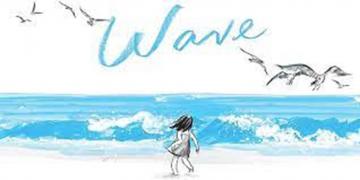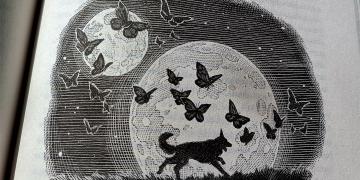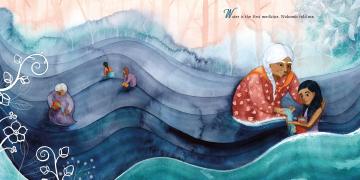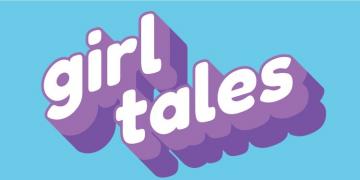Check our wiki on this topic
Wordless Picturebook
Wiki
Dowhower (1997) defines a book as wordless when the book’s primary meaning or message is conveyed through the illustrations.
Postcolonialism in Children’s Literature
Wiki
Postcolonialism in children’s literature refers to literary works created for children by individuals living in former colonies. This term can also be applied to the analysis and reinterpretation of literary works written from a Western perspective, to present diverse viewpoints.
BookTok
Wiki
BookTok is a sub-community of TikTok that caters to book enthusiasts. Here, they can share their book reviews, recommendations, and other book-related content.
Agency in Children's Literature
Wiki
Agency in children's literature refers to the empowerment and independence of children's characters. It involves portraying children as active participants in their own lives, capable of making choices, influencing their surroundings, and shaping their destinies.
Children's Literature
Wiki
Children’s Literature (often abbreviated as CL) is literature written specifically for children, about children, consumed by children and even written by children. It is often also referred as Children and Young Adult Literature because its general audience is less than eighteen years old but also often addresses people in their mid twenties. For instance, picturebooks and YA novels are important book publishing formats in this literature. However, it is mainly adults who are responsible for the production, distribution and reception of children's books.
YA novel
Wiki
Young Adults novel (shortened as YA novel) is a literature subcategory within the Young Adult fiction genre. The concept of the young adult (YA) refers to adolescence and youth, though it is very context-dependent. According to the Young Adult Library Services Association (YALSA) YA books are those aimed at people from 12 to 18 years old (teenagers). In most of the cases, the protagonists of the novels fall within those age ranges, and the story is told through teenage eyes.
Graphic Novel
Wiki
Graphic novels are a contemporary literature form of long stories told in comics format. They have the same characteristics of comics: multimodality, cartooning techniques and elements (panels, gutters).
Picturebook
Wiki
The picturebook is a storytelling medium that presents its text in both verbal and visual language. According to Barbara Bader (1976), a picturebook is words and illustrations in a total design, “an item of manufacture and a commercial product; a social, cultural, historic document; and foremost, an experience for a [reader / beholder]. As an art form it hinges on the interdependence of pictures and words, on the simultaneous display of two facing pages, and on the drama of the turning page” (ibid., p.1).
Canon
Wiki
The term canon, or canonicity, describes the rules of what is presented as true and what has happened within an imaginary world.
Young Adult
Wiki
The concept of the ‘young adult’, also synonymous with adolescence and youth, is one which is heavily context-dependent. Over time, the perception of the concept has shifted from merely a developmental outlook to one which is also bound by a socio-cultural understanding. Broadly, it is believed to be a stage between childhood and adulthood, and is influenced by several social, economical and cultural factors.
Jeugdliteratuur
Wiki
Jeugdliteratuur is literatuur die vaak speciaal voor kinderen is geschreven.







